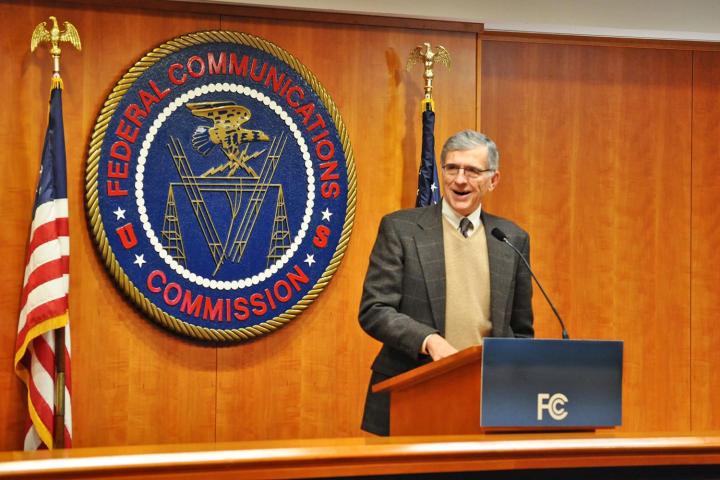
Earlier this week, the United States Telecom Association, a trade group that represents some of the country’s largest Internet providers, and Alamo Broadband, an ISP from Texas, filed separate lawsuits against the FCC’s new regulations. USTelecom, which has executives from AT&T and Verizon in its board of directors, filed a “protective petition for review” with the U.S. Court of Appeals in Washington, D.C. Alamo filed its lawsuit in a federal court in New Orleans. The cases opposed the FCC’s reclassification of ISPs as common carriers under Title II of the Communications Act of 1934.
“The focus of our legal appeal will be on the FCC’s decision to reclassify broadband Internet access service as a public utility service after a decade of amazing innovation and investment under the FCC’s previous light-touch approach. As our industry has said many times, we do not block or throttle traffic and FCC rules prohibiting blocking or throttling will not be the focus of our appeal,” USTelecom Senior Vice President Jon Banks said in a statement.
Meanwhile, Alamo is claiming that it has been “aggrieved” by the FCC’s new regulations. “Alamo seeks relief on the grounds that the Order: (1) is in excess of the Commission’s authority; (2) is arbitrary, capricious, and an abuse of discretion within the meaning of the Administrative Procedure Act; (3) is contrary to constitutional right; and (4) is otherwise contrary to law,” the company wrote in its petition.
Most consider the timing of the filings to be premature. The rules, which were approved on February 26, would have taken effect 60 days after publication in the Federal Register; this means the USTelecom and Alamo cases were filed months before what many analysts perceived to be the appropriate period for filing appeals. Yet some parts of the FCC’s new rules became official as soon as it was published on the FCC website on March 12, according to the Washington Post.
This means that the lawsuits, which were filed on Monday, came just hours before the 10-day period for appeals lapsed.
The FCC dismissed the lawsuits, which are expected to the opening act of a long series of legal challenges, as “premature and subject to dismissal.”
Hold onto your hats, folks, it seems the legal war is just getting started.


